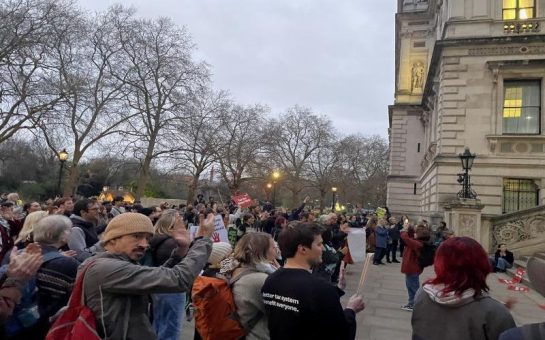Nearly a third of the capital’s youth centres face closure within six months as they struggle to operate during the pandemic, a survey has revealed.
A report published by charity London Youth found that 47% of its 650 members had to furlough staff, while 78% are working with fewer people than before lockdown.
The charity, which supports over 27,000 children within the capital, has expressed concern at the risk of increases in youth violence once lockdown is eased.
Rosemary Watt-Wyness, chief executive of London Youth, said: “We know there will be an even greater reliance on youth clubs this year, yet so many organisations are reporting uncertainty as to whether they can financially survive.
“With so many smaller youth clubs at risk of closure, it’s crucial that the Government releases the £500million committed to the sector as soon as possible.”
It comes amid plans to remove a further £600,000 in the 2020-21 budget year, taking total funding removed from council youth services budgets to £35.5million since 2011/12.

Meg Scott is a youth worker at Twickenham’s Heatham House, one of the many youth centres facing significant pressure as it continues to provide services during lockdown.
She said: “The youth club is important for young people to have a safe space to engage with youth workers and receive informal advice and guidance.
“However, we have gone from seeing 250 young people a week to engaging around 20 online, partly due to the digital divide and families living in poverty not being able to access devices.”
“The impact of lockdown is huge on the young people we support. Lack of social engagement with their peers is a massive issue, especially as many families are forced to stay inside their flats with little room.”
London Mayor Sadiq Khan said: “At a time when we need our amazing community groups and local charities to provide support for young people more than ever, the impact of Covid-19 means many are struggling to survive.”




